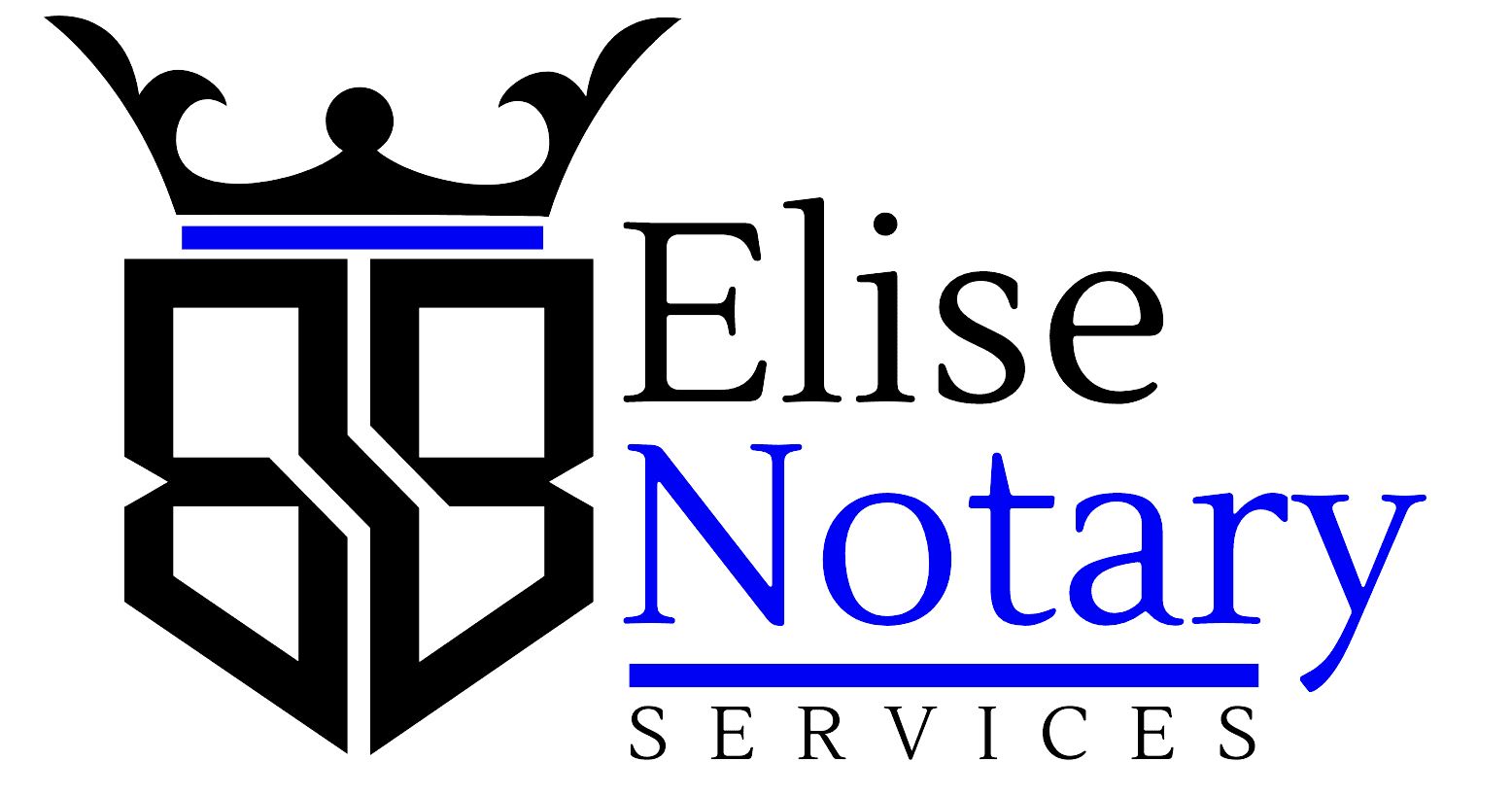Their Role, Requirements, and Associated Fees
Their Role, Requirements, and Associated Fees
When it comes to important legal documents, having a notary public isn’t always enough. In many cases, document witnesses are also required to ensure the authenticity of signatures and to add an extra layer of legal protection. But what exactly is the role of a document witness, and why might there be an additional fee for their service? Let’s break it down.
The Need for Document Witnesses
The Need for Document Witnesses
Document witnesses play a crucial role in verifying the identity of the signers and observing the signing process. Their presence helps deter fraud, provides evidence if a signature is later challenged, and ensures that the document was signed willingly and without coercion. Witnesses are commonly required for legal documents like:
Wills
Powers of Attorney
Trust documents
Property deeds
Some financial documents
Criteria Required for Document Witnesses
Criteria Required for Document Witnesses
Not just anyone can serve as a document witness. There are specific criteria to ensure impartiality and credibility:
Valid Identification: Witnesses must present a valid form of ID to confirm their identity.
No Close Family Ties: Witnesses cannot be a spouse, parent, or child of the signer(s). This rule helps prevent conflicts of interest.
Not Named in the Document: A witness cannot be a party to the document or have any vested interest in its contents.
Why Notaries Charge for Providing a Witness
Why Notaries Charge for Providing a Witness
While notaries often facilitate the witnessing process, they may charge an additional fee if they provide a witness other than themselves. Here’s why:
Compensation for Time and Travel: Just like notaries, witnesses are providing a service that requires their time and, in some cases, travel. This fee compensates them for their availability.
Administrative Costs: Coordinating witnesses involves administrative effort, which is factored into the cost.
This fee is typically charged to the customer as part of the notary service package.
Notaries as Witnesses in Florida
Notaries as Witnesses in Florida
In Florida, a notary public can serve as a document witness, provided their name is not being notarized within the same document. However, it’s generally not considered best practice for a notary to act as a witness for highly sensitive documents such as:
Powers of Attorney
Wills
Trust Documents
This is because these documents often undergo legal scrutiny, and having a separate, impartial witness can strengthen their validity.
Final Thoughts
Final Thoughts
Understanding the role of document witnesses can help you prepare for your next notarization appointment. Knowing why fees are charged and the criteria required for witnesses ensures a smoother, more efficient process. Always consult with your notary to clarify any specific requirements for your legal documents.


